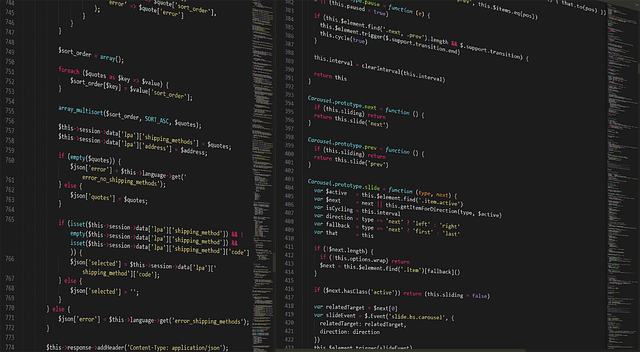
Settlement Development: Building Foundations for Economic Progress
Settlement Development: Building Foundations for Economic Progress
In the journey of progress, settlement development plays a pivotal role, serving as the very bedrock upon which communities thrive. At its core, settlement development is about establishing stable and sustainable environments where individuals can flourish, not only as citizens but as proactive contributors to their economy. Understanding the importance of creating robust foundations is essential as we look forward to energizing our economies through thoughtful community planning and philanthropy.
Foundations of Settlement Development
The word foundation” evokes thoughts of strength, stability, and permanence. In the context of settlement development, it reflects the essential elements needed to build vibrant communities. These foundations aren’t merely physical; they embody social, cultural, and participatory dimensions that influence how people live, work, and interact. They highlight the importance of well-planned infrastructure, affordable housing, and accessible public services—all crucial in facilitating economic activity and fostering an inclusive community.
Moreover, a key aspect of establishing these foundations is the role of philanthropy. Philanthropic efforts can significantly enhance settlement development by providing necessary resources for social programs, education, public health, and infrastructure projects. By investing in these areas, philanthropists contribute to the resilience of communities, ensuring that they possess the tools to support their local economies. With tailored initiatives, philanthropic organizations can help bridge gaps, enabling marginalized populations to access opportunities that promote economic self-sufficiency.
Philanthropy’s Economic Impact
When we reflect on the relationship between philanthropy and settlement development, it’s crucial to recognize how targeted funding can catalyze economic progress. Philanthropic efforts can lead to job creation by supporting local businesses, enabling entrepreneurship, and facilitating innovative economic models. For instance, community investment programs and microfinance initiatives empower residents to start their own businesses, fostering an entrepreneurial spirit that invigorates the local economy. Such investments enhance not just the economic landscape but also the community’s social fabric.
Moreover, philanthropy serves as a catalyst for collaboration. By bringing together various stakeholders—government entities, nonprofit organizations, and community members—it harnesses shared resources and knowledge. This synergy can lead to comprehensive planning and implementation strategies, ensuring that settlement development is aligned with the needs and aspirations of those who live there, and ultimately leading to sustainable economic growth.
As we continue to navigate challenges and opportunities in settlement development, the marriage of well-structured foundations and philanthropic efforts remains vital. Only through a concerted approach can we create the conditions necessary for economic prosperity. By fostering an environment where communities are empowered and their needs are met, we can build a future where everyone has the chance to thrive.



